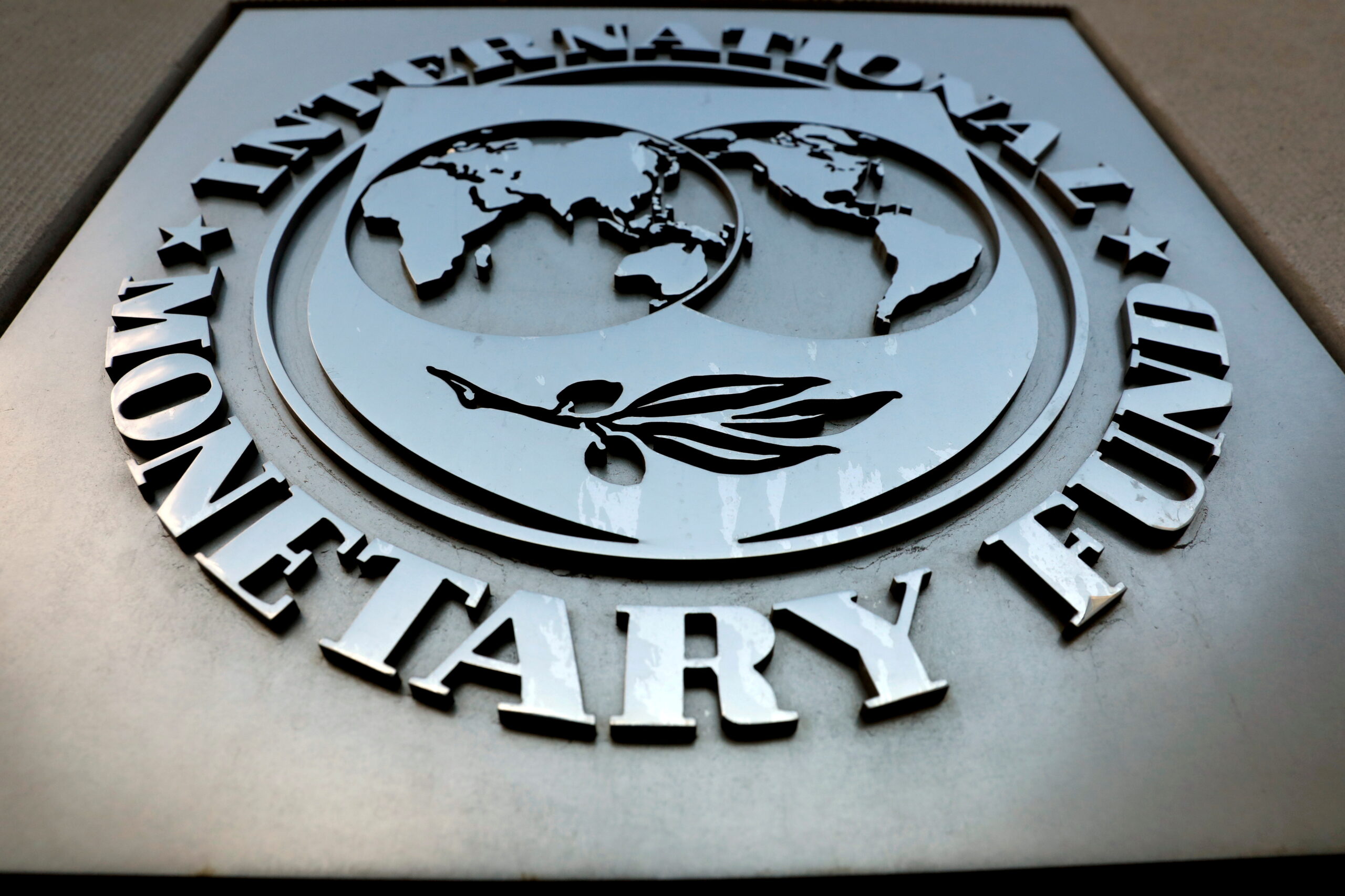ISLAMABAD: The government is considering the introduction of a carbon tax on petroleum products as part of broader fiscal reforms aimed at securing international financial support and advancing environmental objectives. This move is expected to facilitate the issuance of green bonds and secure cheaper loans from multilateral institutions, insiders have revealed.
The proposed carbon tax aligns with the International Monetary Fund’s (IMF) advocacy for an integrated general sales tax (GST) system to enhance documentation and digitization. The IMF suggests reviving the standard GST on petroleum products and implementing a petroleum levy of up to Rs60 per liter to transform the GST scheme into a universal value-added tax (VAT). However, local authorities are proposing a carbon tax or increasing the petroleum levy to Rs100 per liter to ensure greater federal revenue, bypassing the GST distribution to provinces.
Sources indicate that the carbon tax would not only generate revenue but also help the country earn carbon credits and secure funding for environmentally friendly projects aimed at reducing greenhouse gas emissions. This initiative is part of a broader strategy to align future development programs with climate public investment management benchmarks.
Additionally, the government is considering measures to broaden the tax base. A hike in withholding tax for non-filers on bank transactions from 0.6% to 1% is likely, alongside encouraging retailers to register under the Tajir Dost Scheme. Failure to comply will result in fines and penalties.
The fiscal adjustment of approximately Rs1.6 trillion, equivalent to 1.5% of GDP, is anticipated through increased revenue measures, expenditure rationalization, and privatization. The upcoming budget will focus on expanding the tax net by transforming the GST into a real VAT, reducing income tax slabs, and ensuring uniform tax applicability across all income sources.
The government also plans to reform the pension system and reduce development spending. Energy sector reforms will continue, with timely adjustments to gas and electricity tariffs and efforts to reduce energy costs through private sector involvement.
Both the government and the IMF have discussed enhancing social welfare initiatives under the Benazir Income Support Programme (BISP), linking stipends to inflation to mitigate the effects of record inflation. The IMF supports expanding the tax-to-GDP ratio by 3% over the next three years, targeting a ratio of around 12%.
The government’s commitment to a tight monetary policy, a market-based exchange rate, and strengthening social security and state-owned enterprises remains firm, despite potential risks from political unrest and geopolitical factors.
Published in cherrygb, May 17th, 2024
